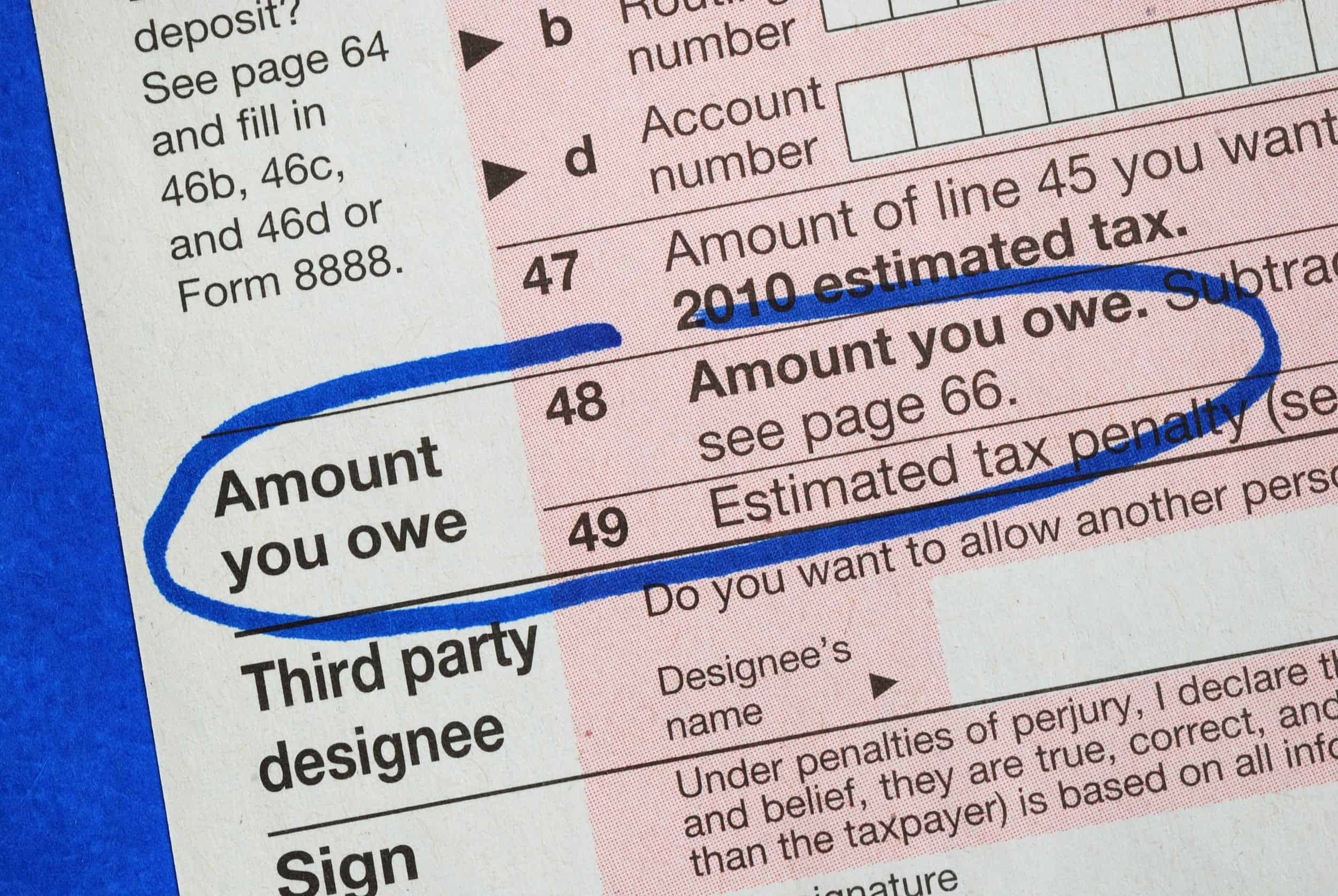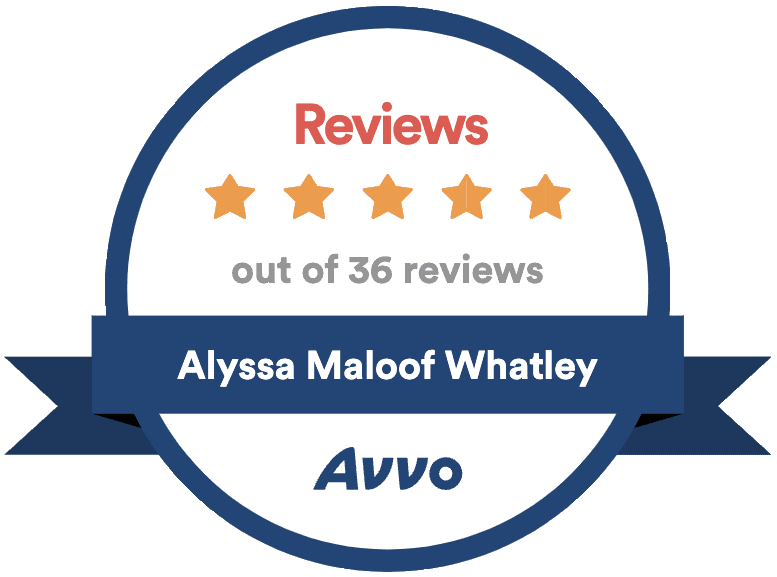
What Does Currently Non-Collectible (CNC) Mean?
Overview: This program is for individuals dealing with financial hardship meaning they are unable to meet their necessary monthly living expenses. If the IRS agrees that the taxpayer cannot pay both past taxes and reasonable living expenses, it may place the account in Currently Not Collectible (“CNC”) hardship status.
While the account is in CNC status, the IRS will generally not engage in collection activity (for example, they will not levy assets and income). However, the IRS will still charge interest and penalties to the account, and may keep refunds and apply them to the past due tax debt. To place the taxpayer in CNC, the IRS will ask for financial information with supporting documentation. The taxpayer will have to show that after paying necessary living expenses like rent, utilities, car payment, health insurance, current taxes, etc. they have no money left to pay the IRS.
In addition, the IRS will only look at necessary expenses and will typically not count expenses that are substantially over the IRS Collection Financial Standards. These amounts can be found on the IRS website. Furthermore, the IRS will generally not allow voluntary unnecessary payments such as private school tuition or college tuition for adult children.
Lastly, the IRS usually will not count payments for unsecured debts like credit cards, medical bills, and personal loans. However, there are some exceptions to these general rules, which is why it is very important to speak with a qualified and experienced tax attorney.
Requirements: All returns must be filed and any required estimated tax payments made if applicable.
Liens: Tax liens will be filed under this program.
Pros: Taxpayer will still owe the debt but will not have a monthly payment, which could help taxpayer stay in good standing with the IRS while the statute is running. CNC is a great option for taxpayers that are unable to meet their necessary monthly living expenses and cannot afford a regular IRS installment agreement plan.
Cons: Tax liens will be filed. In addition, the IRS can ask for updated financials approximately every 2 years, which means the taxpayer will have to provide financial information every couple of years. If at a later date, the taxpayer is making substantially more money (approximately 25% more than they were making at the time they were placed in CNC), the IRS could ask for the taxpayers to start making payments based on the taxpayer’s new ability to pay. Lastly, if the taxpayer’s financial condition changes and they are required to start making monthly payments again, the amount of the debt may be larger due to the interest and penalties that accrued while no payments were being made in the CNC status.


